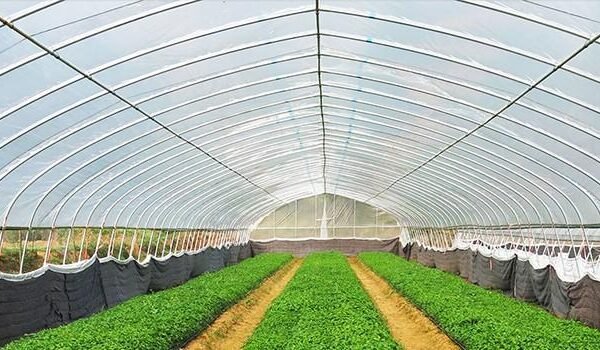How to Turn Waste Agricultural Film into Treasure?
Due to the use of agricultural plastic film, the temperature and humidity of the soil are effectively controlled, the loss of water and nutrients is reduced, and the high and stable yield of crops is promoted, thereby increasing the benefits of agricultural production. But at the same time, due to the one-time use of plastic film, a large amount of residual film remains in the soil every year. Plastic mulch is difficult to degrade in nature. These mulch fragments can form a barrier layer in the soil, blocking the flow of water, gas, and fertilizer in the soil, causing the soil structure to harden, seriously harming the ecological environment, and causing white pollution. Therefore, solving the problem of soil pollution by residual film has become the top priority of mulching cultivation technology. In order to solve this problem, the research on degradable plastic film came into being.







